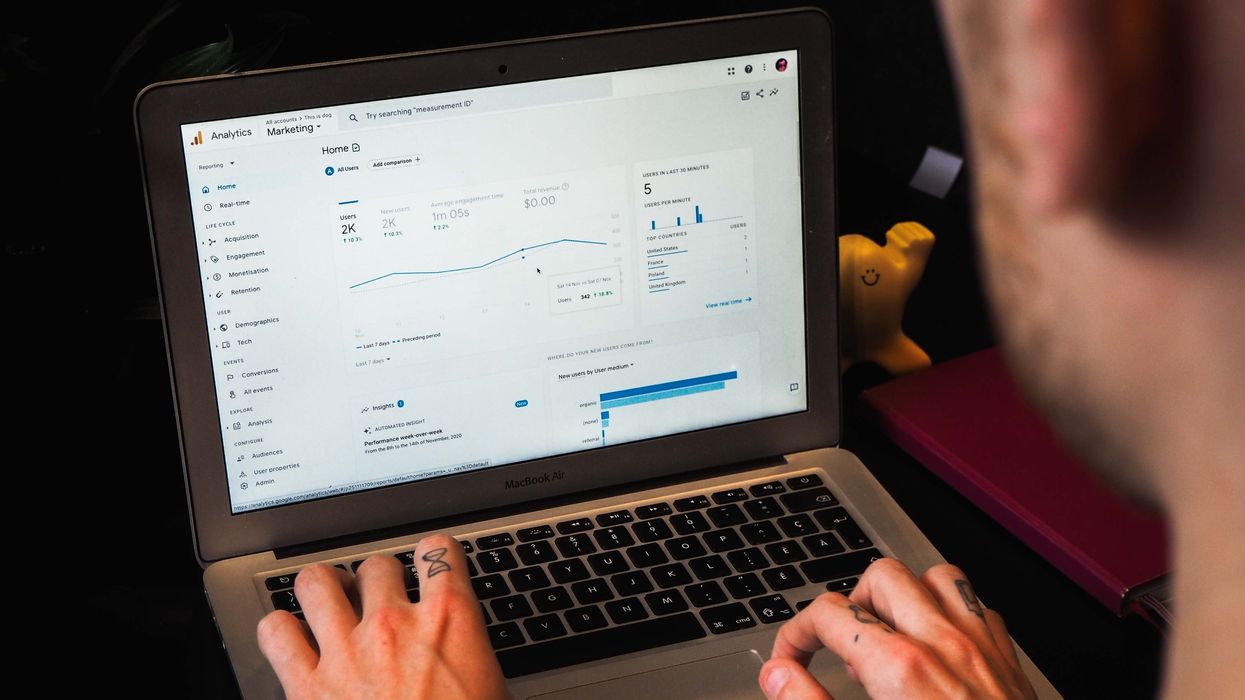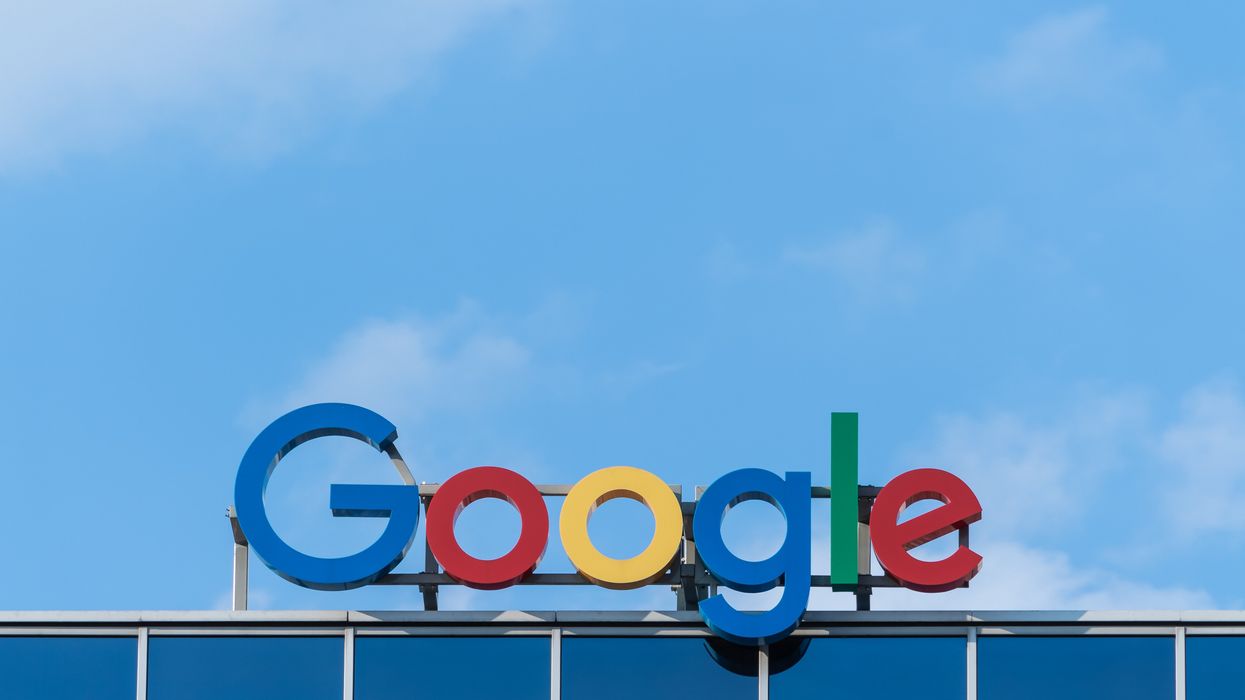When it comes to Google Analytics, the countdown is on.
As brand owners and marketers log in to view data and trends in traffic to their website these days, they may find a giant clock signaling a looming deadline.
That’s because Google is set to make a major change on July 1. Universal Analytics (UA) will sunset, and Google Analytics 4 (GA4) will rise.
Brands need to make the switch themselves, and the stakes are high. If the migration isn't completed ahead of the deadline, there’s a chance they could lose their historic data.
As with any change, this is causing some anxiety as the moment of the switch nears, said Ophir Gadot, cofounder of Furlough, an online community of 15,000 digital marketers.
For one, companies are racing the clock. As of this writing, professionals now have only 30 days to migrate their site to the new platform. That’s not much time to make a plan, especially when the loss of valuable data on customers is at risk.
"Everybody’s sleeping on it," Gadot said. "It's a must-do."
Even when the migration is complete, brand owners and marketers will also have a new platform to use. That means a new user interface to navigate, and new tools to understand how to use for success. There’s a learning curve that comes with that.
As Gadot heard from a marketer, there’s a big difference between installing GA4 and setting it up.
Add in the fact that many brands work with agencies to manage websites, and there's a compounding effect. The agencies are still getting up to speed on GA4, as well.
Plus, the change won’t all happen at once. While the migration will be complete in July, it’s likely that the new platform won’t be fully optimized until September.
This is all setting up for a tough transition that will affect millions of businesses. But there’s no sign that Google will bend. Marketers may be used to seeing the company push back the deadline to sunset third-party cookies. But such a delay is going to happen here, Gadot said. After all, it's the first update to Google Analytics in more than a decade, and the company has been communicating about the change for months.
Nevertheless, this change could still end up being a net-positive in the long-term. That’s because of the improved capabilities that GA4 offers, Gadot said.
“Yes there is a challenge that comes with GA4 and the migration in the short period,” Gadot said. “As we go through it, I see a big opportunity.”
Furlough outlined the areas where Furlough sees particular enhancement:
Reporting. For marketers, a big upgrade is that GA4 has improved reporting and tracking capabilities. Instead of relying on pageviews, it uses event-based tracking to record user interactions with a site as they happen. This not only provides accuracy, but opens up potential to use the data in new ways.
Privacy. With the shift toward a cookieless world well underway, it is also built with privacy in mind. GA4 analyzes signed-in users, rather than providing inferred metrics. It also doesn’t store IP addresses, and a privacy consent mode that is designed to strengthen protection of personal data.
Explorations. There are also tools that allow marketers to perform deeper analysis beyond basic reports. Called Explorations, these can provide insights on funnels and cohorts, as well as ways to segment and map users.
Connections. GA4 allows marketers to layer in data from other platforms to enhance analysis, as well. It can be easily connected with other Google ad tools like Google Ads, GTM and Google Merchant Center, as well as platforms that run websites like Shopify and WordPress.
Overall, Gadot sees Google offering tools that will enhance marketers’ understanding of customers, not just the basics of traffic.
“It opens up opportunities for optimization and personalization that were never there before,” Gadot said.












